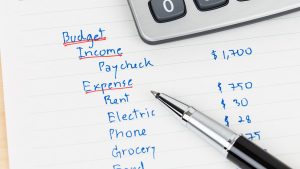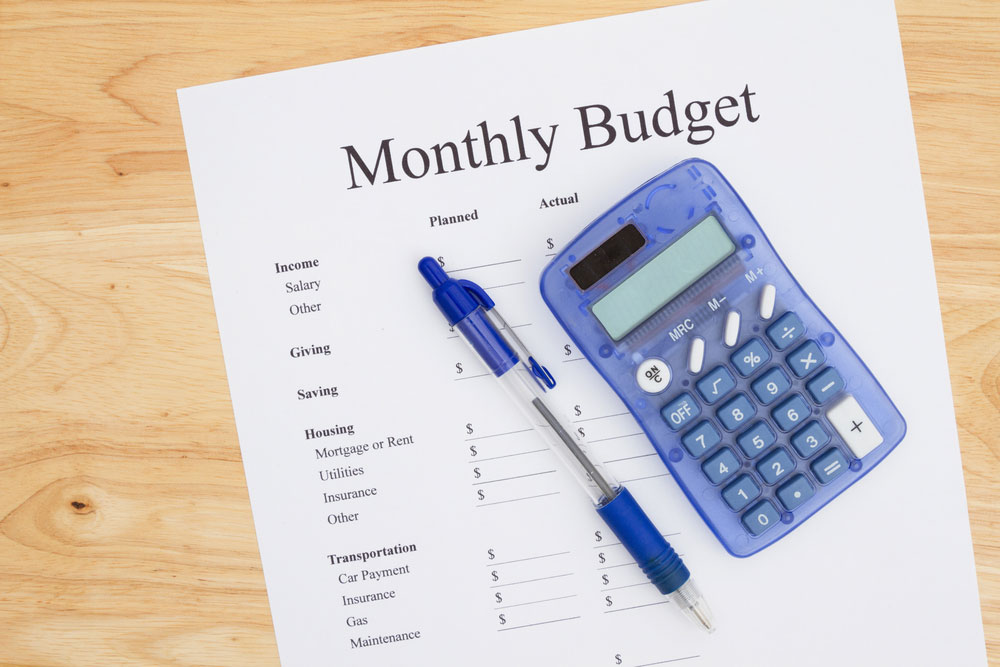Saving money is the first step for us to reach our financial freedom. Whether it’s a car we’re looking to buy, or a trip to europe, or that house we want to finally be able to buy in the future; the first thing we need is always: a saving.
But saving money is tricky, and with the lifestyle most of us have, we hardly see a lot left for it by the end of the month. Generally, the common tactics for having more in your savings account are: spend less and make more. But what if I tell you there are ways you can save more money without sacrificing your current lifestyle?
Here are 8 money-saving tips for you if you’re looking into saving more money!
Check out other Quotes at: https://bitly.com.vn/lo93us
8 Awesome Money Saving Hacks To Save Your Savings
1. Don’t go shopping without a list!
Breath if you are guilty of going to the grocery store, no list, just going up and down the aisles and ending up with mostly random stuff. Just kidding. But in all honesty, we have all done that.
And it does not just limit to physical stores as well. Impulse buying extends to our hours spent on Amazon or the Sephora site. We come in without a specific list of what we want, then realize a little too late that we have spent way too much in one go.
To keep this from happening, always be sure to write down a list of what you want to buy. Try to steer clear from the aisles that are irrelevant to your list and stick with what you really need.
2. Want to cut down on eating out? Make a meal plan!
Whether you live to eat or eat to live, you can’t deny the fact that food is one of the biggest busters in our budget. As a matter of fact, it might be the budget category where we overspent the most.
Finance experts have been encouraging people to cook at home as a way to curb the temptation of eating out, but it’s not always easy. Sometimes we just have the wrong things in our fridge, things that won’t work together. Or sometimes thinking about what to make takes too much time and you just can’t be bothered.
We suggest creating a meal plan so that you will always know what to shop for and what you would be making. It would make your life so much easier as you would end up eating healthy food, and saving money.

3. Make your savings account out of sight, out of mind!
Are you one of those people that tap into your savings account whenever the urge to shop arises? It starts small, but then snowballs into a huge chunk of your savings being taken away because you just can’t help yourself.
Well, you don’t have to work that hard trying to contain your impulses. Instead, put your savings into a completely separate account from your checking account. It will at least make it a little more difficult for you to touch your savings.
Read more articles about money at: https://souljourneyy.com/
4. Your savings and debt paying accounts get your money first!
If you wait until the end of the month to pay your debt and put money into savings, chances are there is hardly any money left by that time. There is no way you will not be tempted to shop when you see money sitting around on your account.
The best thing you can do to avoid that to happen is just to send money to debt and savings accounts the moment your paycheck arrives. This way, you will always be able to achieve your financial goals, plus, you have less sum to splurge on your midnight scrolling through shopping sites.

5. Unexpected things will happen, so be prepare!
Life is full of surprises! What if your car breaks down, or a storm comes and now your house needs repairs? Or on a smaller scale, what if your best friend unexpectedly announces she’s getting married, and now you have to think about that thoughtful gift to give her.
What I’m trying to say is that unexpected events, which can cost you money, happen all the time. It’s best that you are well prepared and set aside a sinking fund each month lest something comes up. A sinking fund is a savings account you set up for expenses that you know are going to occur eventually.
6. Before buying anything, let it sit in your cart for a couple of days
Let’s be real, impulse buying is hard to curb. And as much as you can justify your purchases as something you really need, how often do you get that sense of regret and wish you hadn’t spent that money?
Next time you feel the urge to splurge, let the item sit in your cart (or on your shopping list) for at least 3 days. Some experts even suggest the wait to extend to 30 days if it is an expensive item. By the end of that period, chances are you would no longer remember why you wanted the thing in the first place. And if you still do, work it into your budget!

7. Give yourself a monthly allowance and track your spending!
Now, I know what you are thinking: Aren’t allowances for kids? But if overspending is your problem, then it’s time to try limiting how much you can spend in a month. More often than not, having a visible line you cannot cross will help you think harder before you make any purchases.
Another useful tip to go with this technique is to track your spending down to every penny. Small things can add up to a big sum. So to be able to really take control of your finances, you have to be very meticulous about what you spend.
8. Have clear, manageable goals
Money, if we’re not counting pennies, is a very intangible thing. At one point, it gets a bit hard to visualize your own sum. If you want to see real changes with your money, it’s best to set up very specific goals.
Financial goals should be clear, specific and measurable. If you are a visual person, try making your progress trackers visually appealing rather than just laying everything out on a spreadsheet. This way, it would be easier for you to see how far you have gone and how much farther you are away from reaching your goals.
It is also advisable to set up small goals alongside your big goals. Goals that are shorter in term of duration are much easier to track progress of. For example, committing to a 30-day no-buy challenge and letting everyone around you know is a good way to hold yourself accountable. And the money you’ve saved during those 30 days would go into your yearly savings.
Check out more finance inspiration: Here



